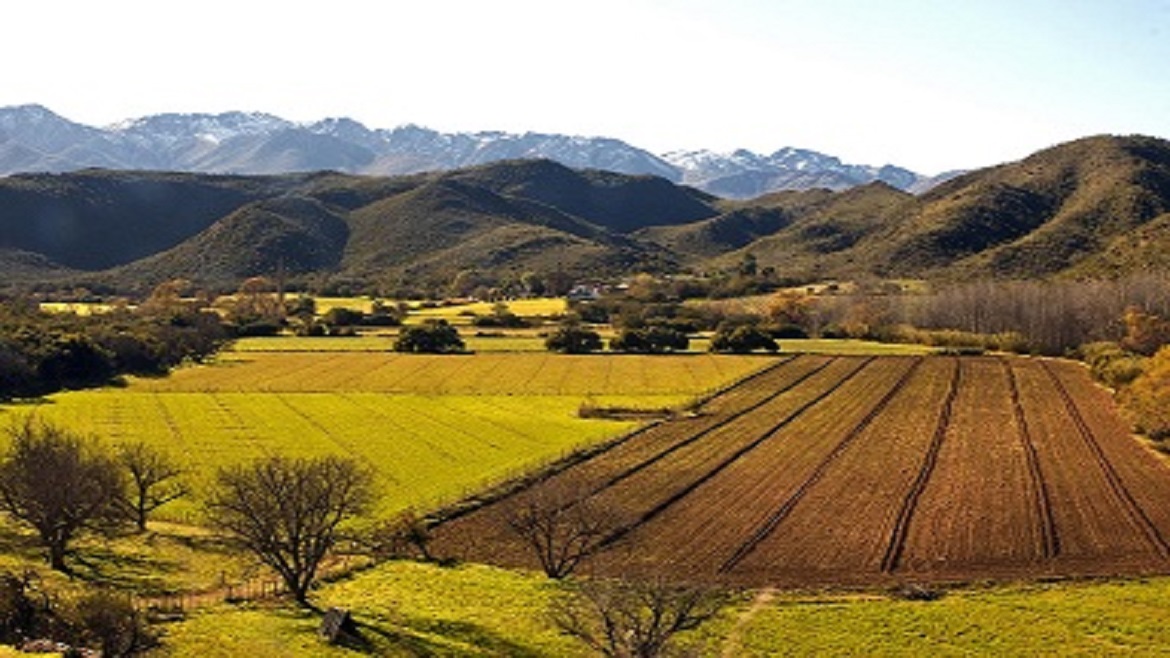We interviewed Fred Boltz, managing director, Ecosystems at The Rockefeller Foundation, and asked him about the relationship between the environment and human health.
Q: How are our ecosystems linked to human health?
Natural ecosystems, such as rainforests, coral reefs and rivers, are linked to human health in three key ways.
First, ecosystems produce foods such as fish, fruits and nuts that nourish us. Ecosystems also produce medicines and the genetic blueprints for pharmaceuticals that keep us healthy. Both the current and potential uses of these ecosystem “provisioning services” are a key natural asset for human health security.
Secondly, natural ecosystems are reservoirs for disease as well as the animal and insect carriers of disease. Mosquitos and malaria are one example; Lyme disease, West Nile virus, Ebola, bird flu and numerous other diseases also have animal or insect hosts. When in their natural habitat, these “hosts” are rarely in contact with humans. Moreover, their natural predators limit the growth of vector populations and, by extension, the potential for transmission of the diseases they carry. So the state of natural habitats – their plant and animal diversity, structure and climatic conditions – determines their suitability for animal hosts and vectors of disease and their transmission to humans. If ecosystems degrade through, for example, pollution, deforestation, or excessive hunting or fishing, natural predators decline and no longer limit the populations of disease hosts, such as deer for Lyme disease. Moreover, in these situations, humansincrease contact with disease carriers such as mosquitoes and ticks. Thus, nature’s ability to regulate certain diseases declines. The human risk of disease exposure thus also rises.
Thirdly, degraded ecosystems are a direct source of human air and water-borne illnesses. Respiratory ailments are commonly caused or worsened by air pollution. Many water-borne diseases take root and spread in polluted waters including diarrhea, giardia, schistosomiasis and cholera. Polluted and degraded lands and waters are superb incubators and transmitters of disease.
Q: Have different sectors recognized the link between climate change and human health? If so what are they doing about it?
The appearance of diseases in places where they haven’t historically been makes the link between climate change and health more apparent. For example, malaria and Dengue fever have been found in Europe, and West Nile virus has occurred along the US East coast. While we cannot unequivocally say that climate change triggered their arrival, greater incidence of these and other diseases traditionally found in tropical zones in more Northern latitudes will likely be driven by climate change. As countries in higher latitudes become warmer and wetter, they will become a more suitable environment for tropical diseases and their animal and insect carriers.
Secondly, climate change can increase the exposure of humans to new diseases, because changes in climatic conditions impact the state of natural ecosystems and the species that normally reside in them. With increasing disease host and carrier populations, a decrease in natural predators and increased human contact, new diseases may emerge. So as the climate shifts so too will the exposure of humans to new health threats.
But this is not very prominent in the public health discourse. That’s why we’re holding this meeting. We’re not well-prepared for the (formerly unlikely) appearance of new diseases and of known diseases in new places, both of, which will become increasingly common with climate change, continued ecosystems degradation and more human disease exposure. Moreover, no longer are diseases restricted to distant locales – someone contracting a new virus across the globe can be in Manhattan tomorrow. Add a rising likelihood of new disease threats to the rapid emergence of pandemics and we have an urgent global public health threat.
Q: As you look 15 years ahead, what are some possible solutions? What are the obstacles, and how can they be overcome?
One solution is protecting and strengthening the ability of our natural ecosystems to adapt and thrive as the climate changes so that they continue to supply important services like regulating disease, and producing the foods and medicines we need. As the climate changes, natural ecosystems and the species that live in them must be able to change and to shift to new regions.
Secondly, we need to recognize and react to the possible changes in the occurrence of disease and the emergence of new diseases so that we can prepare for human health threats. If malaria, Dengue and West Nile virus become more common in higher latitudes or new viruses emerge from human-animal interactions, we must be prepared to address them locally and help prevent or reduce their rapid transition to pandemics.
Lastly we need to mitigate known sources of illness triggered by ecosystems pollution and degradation. We need to care for the environment in which we live.
We can overcome obstacles by prioritizing efforts to address human health – ecosystem interdependencies in global public health policy and by acting to get ahead of this threat. Environmental change must be recognized as a significant global health concern. We must anticipate new health threats related to global change, prepare for them, and respond proactively.
Fred Boltz joined the Rockefeller Foundation in 2013. As Managing Director for Ecosystems, Dr. Boltz brings to the Foundation scientific expertise in economics and ecology, combined with practical knowledge of climate change, freshwater and food security issues.
To advance a global conversation on these urgent issues, The Rockefeller Foundation, in partnership with British medical journal The Lancet and with the active participation of The Economist Intelligence Unit, is convening a high-level meeting on this topic in early July. The is part of the 'Visionaries Unbound' event and content series which focuses on cities, ecosystems, healthcare and livelihoods and will spark new ideas and action by cross-pollinating expert insight. Find out more>>




